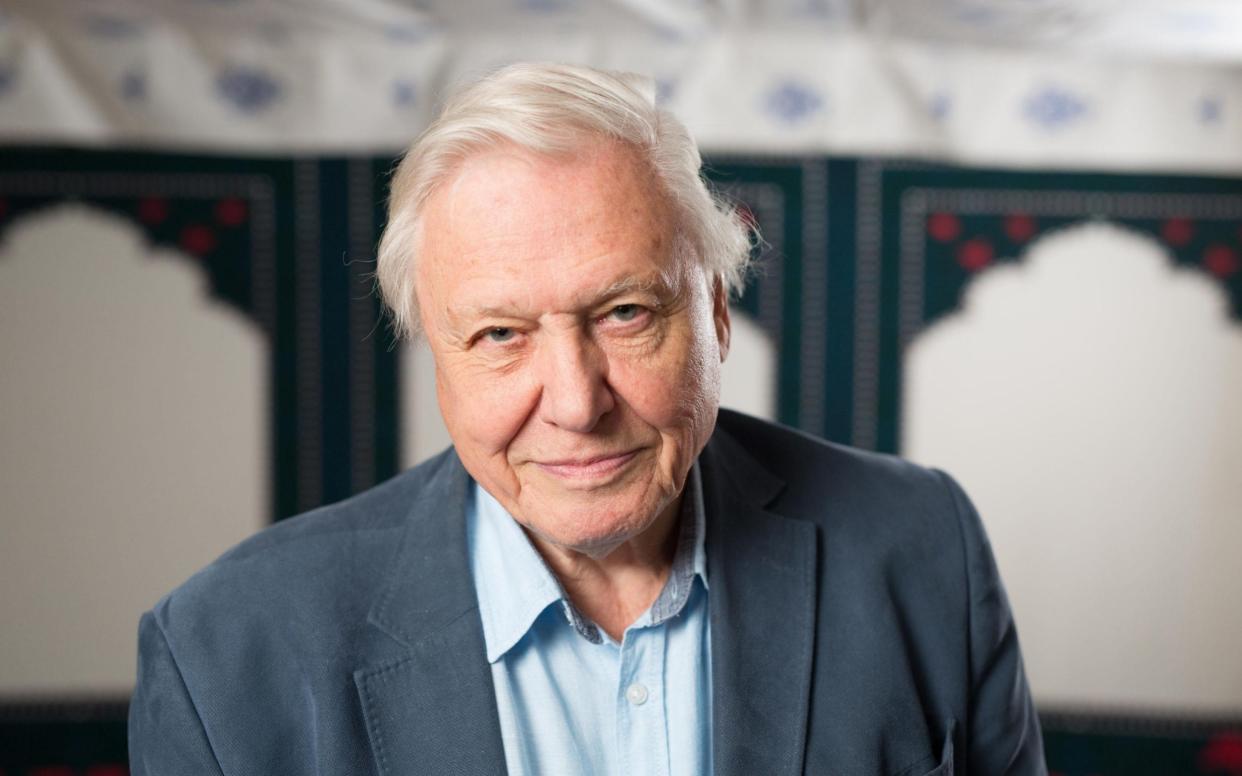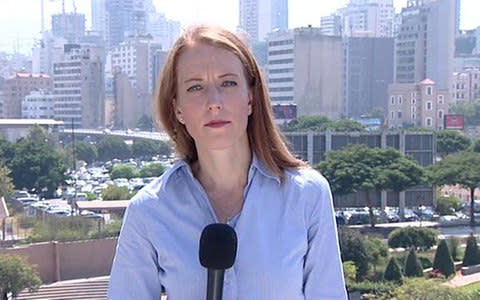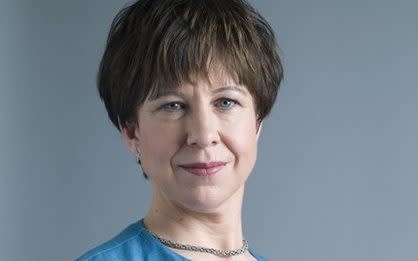Radio’s informed opinion has never been more valuable

Whew! That’s a relief. Two out of four of the BBC’s own correspondents on Radio 4’s Today on January 2 forecast that the British economy would be looking up by the end of this year – they all agreed that it could certainly be made to look that way. The rest of us calculated our post-Christmas overdrafts and gasped at the rise in the price of a train ticket. The value of informed opinion, however, has never been higher.
All last week, David Attenborough, the nation’s favourite secular Santa, delivered daily parcels of experience and insight on Book of the Week, reading his Adventures of a Young Naturalist on Radio 4. This was a new version, not the one recorded years ago when the BBC published its own radio collections. How good it was, though, to hear his voice from back in the Fifties when this, his first TV series, was made, beside his older voice.
James Burke on the End of Scarcity (Radio 4, Boxing Day, repeated New Year’s Day) was another voice from television’s golden past. Remember Burke on Tomorrow’s World, pointing out ways to the future? Here he packed a complicated argument into half an hour, making us concentrate on every stage, shiver at his conclusions. Scarcity is not a bad thing, he began. Throughout history it has driven innovation, in technology, industry, institutions, government. Soon nanotechnology will abolish scarcity as each of us makes everything we need or want, machinery to air, from molecules. Within 50 years, he forecast, there’ll be no more factories, trades, jobs, money.
This listener reeled. Burke carried on arguing. How do we define ourselves if not by work? And, he added, if nothing is scare, what has value? Then, the Burke killer punch. Transition to a time of universal abundance is something we should be planning for right now. So bold was his argument, so beautifully and minimally illustrated by producer Peter McManus, that all this listener could do was glimpse a few holes in it before escaping into her own prediction of not being around long enough for it all to become a problem.

Correspondents Look Ahead (Radio 4, Friday; repeated Saturday) was equally bracing. We’re used to hearing BBC correspondents James Naughtie, Lyse Doucet, James Robbins, Carrie Gracie and Kevin Connolly. But there was a welcome newcomer here too, Yolande Knell, Middle East correspondent. Doughty Owen Bennett-Jones kept them all on a tight tether, or at least tried to as Naughtie (“special correspondent”) kept breaking in on everyone else’s territory and trying (usually in vain) to steer the discussion. Meanwhile, Connolly predicted trouble for the EU from East European members Poland and Hungary, Robbins foresaw a mass evacuation of Seoul during a North and South Korean confrontation, and Knell nominated the Nigerian women’s bobsleigh team in next year’s Olympics in Pyeongchang, South Korea, as her “one to watch”. At this Bennett-Jones gasped. I warmed to Knell.

Lyse Doucet was the star of Pen Pals (Radio 4, all last week), produced by Deborah Dudgeon for imaginative independents Whistledown. Here were familiar radio voices (Fi Glover, Lem Sissay, Jim Al-Khalili, Louiza Patikas, aka Helen of The Archers) reading letters to different people, not all of whom were known to them. Doucet’s pen pal was though, it was someone she’d met years ago in Afghanistan – Masood Khalili, a fighter then, a diplomat now, a poet still. In August, when this correspondence began, he replied from America. His son was in hospital there, awaiting surgery for cancer. She wrote back, from Damascus, concerned, sympathetic. Their exchanges talked of war, of hope, of friendship. Hers were written as she hopped round the world, always at work, never out of touch. He remained at his son’s bedside in Virginia where, by late November, hope came at last.
Every day this week on Radio 4 at 9am, Doucet marks the centenary of women’s voting rights in Her Story Made History, conversations with remarkable campaigners, such as Monica McWilliams (Monday), who fought for women to have a voice in Northern Irish politics, and was one of two women at the negotiating table for the Good Friday Agreement. Yesterday, Doucet met Madeka Al Ajroush, a fighter for the right of Saudi women to drive, a battle she’s now won.
The best comedy and drama podcasts
It still isn’t easy for women broadcasters to sound both authoritative and approachable. In news dispatches Doucet’s voice can be so terse listeners fear the worst. That’s the nature of news and she’s a first-rate reporter. Programmes like Pen Pals and Her Story acquaint us with her better, make us not just hear but listen, understand, remember.